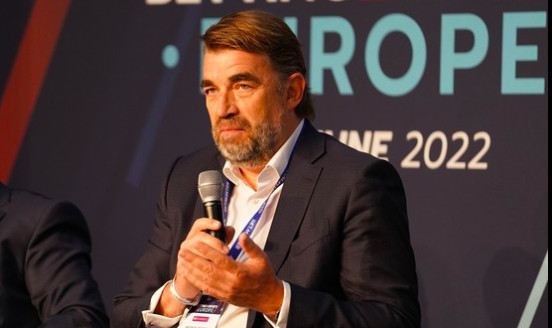Deutscher Sportwettenverband (DSWV), the trade body for German sports betting, has criticised several media outlets for drawing false conclusions on problem gambling prevalence statistics.
The trade body responded to media outlets referencing the ‘Glücksspielteilnahme 2021’ survey conducted by the drug and addiction research centre, ISD Hamburg.
Media outlets reported that “problem gambling behaviour in Germany had risen from 400,000 to 1.4 million people with the entry into force of the 2021 Interstate Gambling Treaty”.
The DSWV responded “such a conclusion is not readily possible” as media outlets have reported a false narrative on problem gambling prevalence since the launch of the Fourth Gambling Interstate Treaty (GlüNeuRStv) on 1 July 2021.
Media were reminded that the purpose of the 2021 Survey was to provide a new baseline for understanding the effects of Germany’s new gambling framework.
As such, the ISD findings should serve as a “zero measurement for the State Gambling Treaty 2021’s initiation”.
For consistency on problem gambling prevalence, the DSWV pointed to the decade-long study by the Federal Centre for Health Education (BZgA) which outlined a stable trend, with slightly declining problem gambling figures across Germany’s federal states.
“The DSWV welcomes a data and fact-based discussion on gaming behaviour in Germany. The derivations must be conclusive and based on verified facts,” noted DSWV President Mathias Dahm.
“The evaluation of the State Treaty planned for the end of 2026 must take into account the experience of all stakeholders. Only in this way can the knowledge gained lead to constructive cooperation between all stakeholders for the benefit of customers.”
German stakeholders await Gluecksspiel (GGL) – the Federal Gambling Authority of Germany – to present its next phase of reforms and recommendations for the GlüNeuRStv regime.
This August, the GGL launched its tender for an academic/research institute to undertake its study on the impact of gambling advertising, protections, and standards.
However, at present, there is no consensus on how gambling advertising rules and restrictions should be applied. Media, football clubs, operators, and Länder (states) remain deeply divided on how to implement an advertising code that satisfies the individual interests of the 16 federal states.









